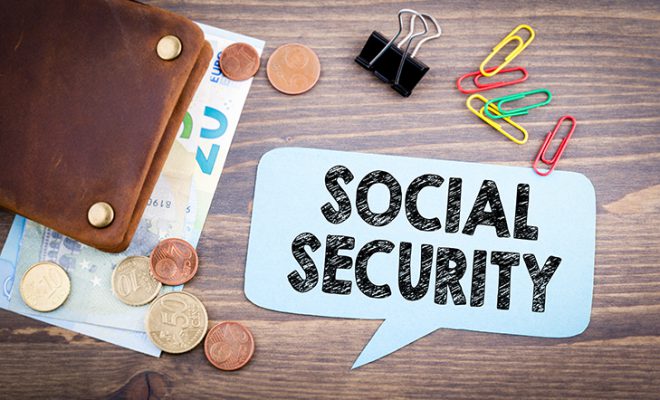

What if you still want a check in the mail? Call the Treasury Department’s Go Direct hotline at 80 and request a waiver. “You will still get a paper check,” Henderson stated to the Washington Post, “but you will be hearing from us in a more personal way.” By March, seniors getting checks from the program may get a letter offering assistance to help them change over to the debit card or direct deposit option.
#Social security payments going paperless free
“We will not interrupt payments if a person does not comply nor will we switch a payment method automatically,” Walt Henderson, director of the GoDirect program, told the Detroit Free Press. While the Treasury Department’s Go Direct website () gives the impression that Social Security will abruptly stop sending out checks on March 1, this is not exactly the case.

The change will be encouraged, not demanded. On the other hand, retirees can save a bit of money – maybe as much as $5 a month or $60 a year in checking fees – if they simply go the direct deposit route. Additional withdrawals within the ATM network have 90-cent fees attached, and you will incur the usual $1.50-3.00 ATM fee per withdrawal at banks outside the network. While it carries no monthly fees or overdraft charges, you get one fee-free ATM withdrawal a month with it – provided you make that withdrawal at one of the 50,000 ATMs in the network for the card. About two-thirds of Direct Express card users were “unbanked” when they signed up for the card – that is, they had no bank account of any kind. On payment day each month, the amount of the Social Security payment is automatically credited to the card. Since 2008, about 3 million Social Security recipients have opted to use the Direct Express MasterCard, a Treasury-recommended prepaid debit card. Most Social Security recipients receive their benefits by direct deposit – that is, the Treasury Department sends an electronic message to a bank or credit union crediting the retiree’s account with the amount of the payment. The new options: direct deposit or a Direct Express debit card. About 5 million seniors still get their benefits in the form of a check – and if you are one of them, what alternatives do you have for the future? In March, Social Security will stop mailing checks to all but a small percentage of retirees.


 0 kommentar(er)
0 kommentar(er)
